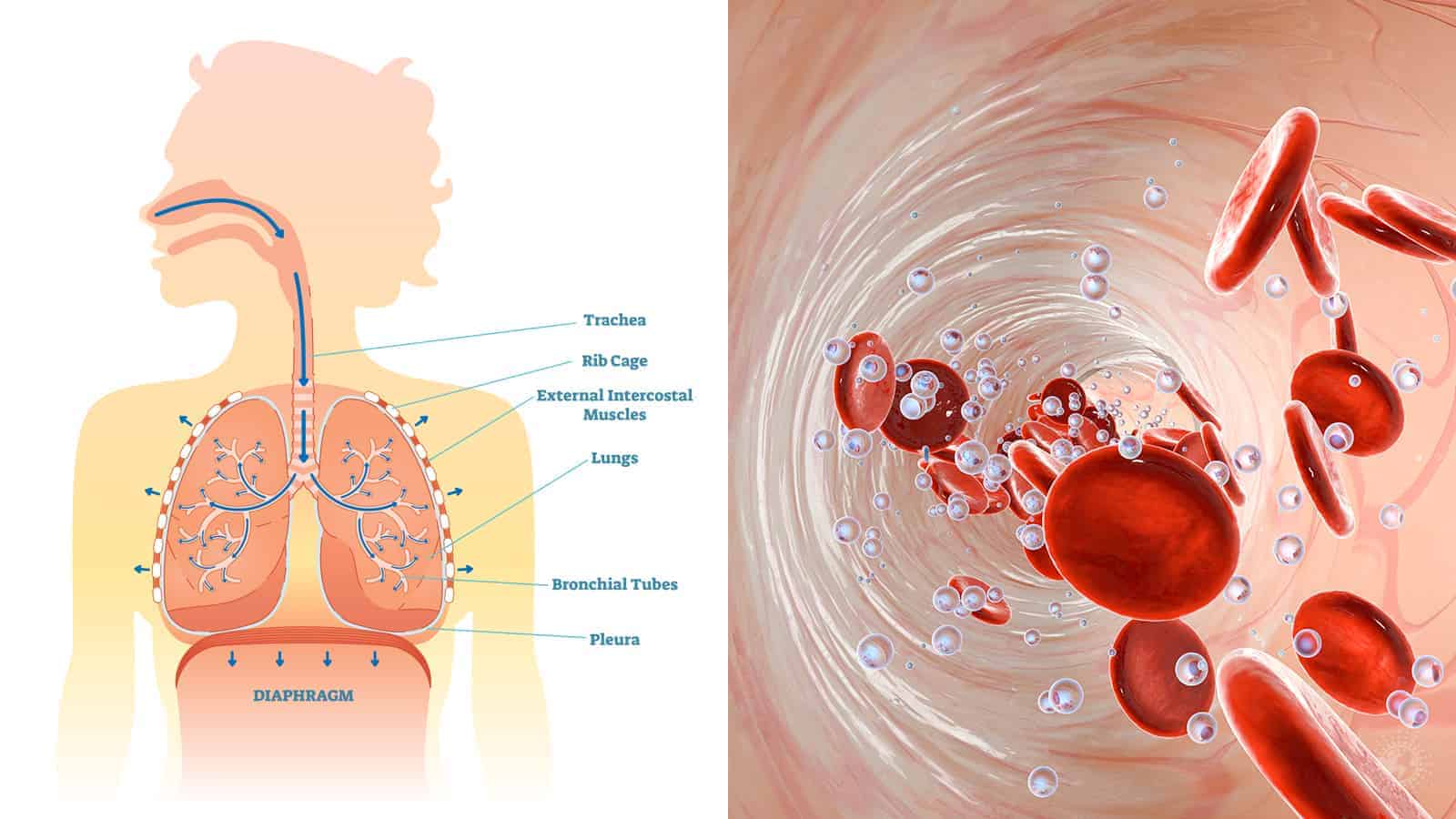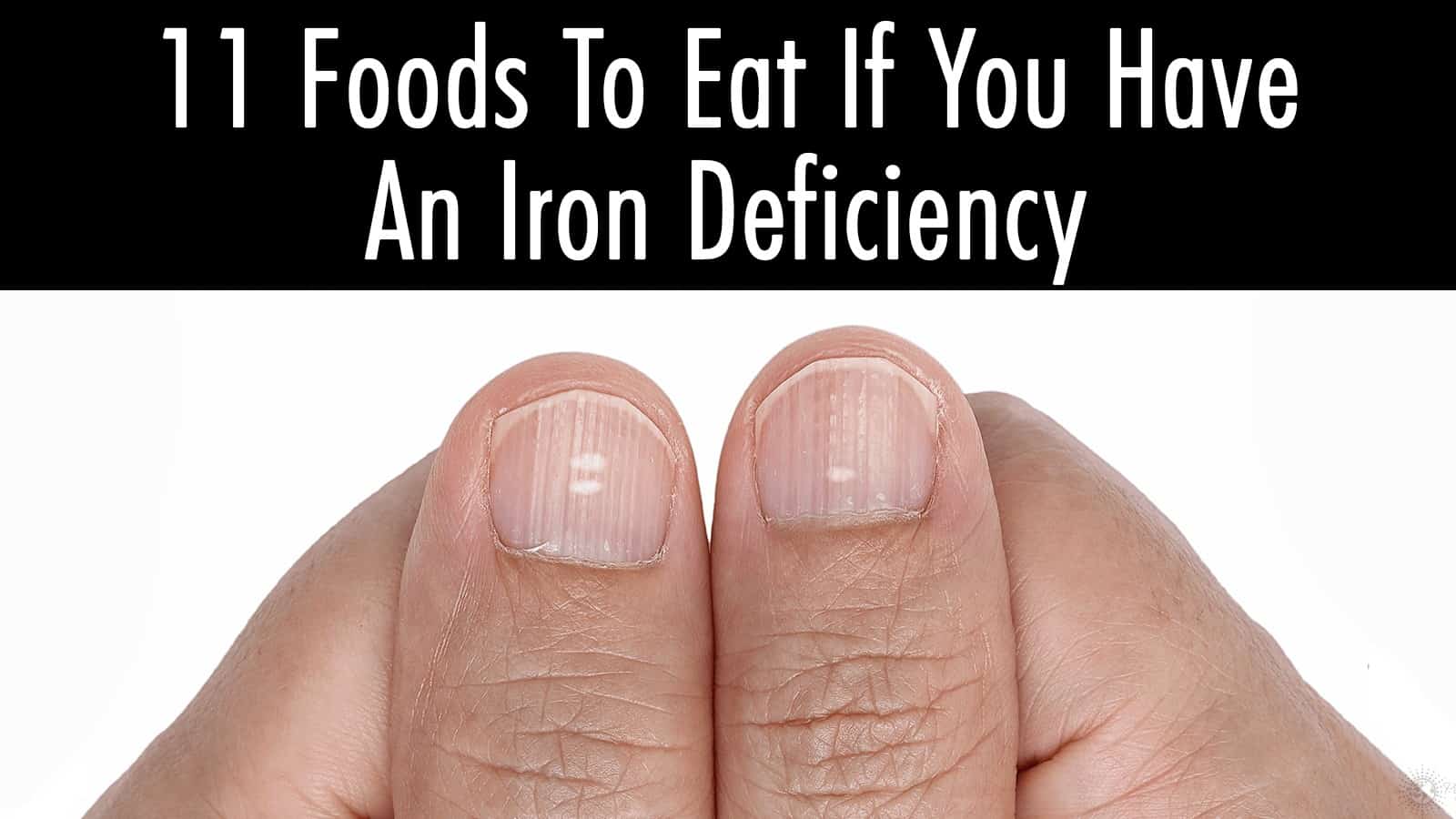In light of the recent health crisis, many people wonder how they can naturally boost oxygen levels in the blood. In a healthy environment, our cells become rejuvenated every night as we sleep and have normal oxygen levels. However, in a toxic environment, the cells lose oxygen because they lack the energy to repair the body. Low oxygen can weaken the immune system, leaving you more vulnerable to disease and sickness.
Having more oxygen in the body will give you more energy, vitality, and youthfulness since you will have more stamina. Low oxygen levels usually result from a lack of fitness or a poor diet, both of which can improve with time and effort. Low levels of oxygen in the blood, or hypoxemia, can signal problems with breathing or circulation.
What happens when your oxygen levels fall short?
When your blood oxygen falls below a certain level, you may experience symptoms such as headaches, dizziness, trouble breathing, confusion, or restlessness. Common causes of hypoxemia include:
- Being at a high altitude
- Anemia
- ARDS (Acute respiratory distress syndrome)
- Asthma
- Congenital heart defects in children
- Congenital heart disease in adults
- COPD (chronic obstructive pulmonary disease) exacerbation
- Emphysema
- Interstitial lung disease
- Pulmonary edema (excess fluid in the lungs)
- Medications, such as certain narcotics and anesthetics that depress breathing
- Pneumonia
- Pneumothorax (collapsed lung)
- Pulmonary embolism (blood clot in an artery in the lung)
- Pulmonary fibrosis (scarred and damaged lungs)
- Sleep apnea
Of course, some of these conditions will require additional care, and your doctor may recommend supplemental oxygen. However, for mild oxygen deprivation, you can usually treat it naturally by making some lifestyle improvements, which we will list below.
Here are eight ways to increase oxygen in the body naturally:
-
Exercise frequently.
Unfortunately, many people lead a sedentary lifestyle nowadays, so their lung capacity will decrease due to a lack of use. Aerobic exercise can help pull more oxygen into the body as you take deeper breaths. Moreover, you’ll expel more carbon dioxide as well. Not to mention, your heart will also become healthier by pumping more oxygen to the muscles that need it and increasing circulation throughout the body.
As you start an exercise regimen, you may feel out of breath doing workouts because you don’t have a significant breathing reserve. However, the more you exercise, the better lung capacity you will have and the higher your oxygen levels will be. Start with at least three 30-minute moderate to intense aerobic exercise sessions per week. Make sure to incorporate weight training as well for a complete body workout.
-
Eat more oxygen-rich foods.
If you eat primarily processed or cooked foods, you won’t get the benefits of the antioxidants present in raw fruits and vegetables. Raw foods contain more prana, or life force energy, which will increase oxygen levels in the blood. Hemoglobin, a red blood cell protein, helps to carry oxygen throughout your body. If you want to increase oxygen, make sure to eat foods rich in hemoglobin to have more red blood cells.
According to Harvard Health, specific nutrients listed below increase blood cell production in the body:
- 2 milligrams of copper
- 18 milligrams of iron
- 5,000 international units of vitamin A
- 7 milligrams of riboflavin (vitamin B2)
- 20 milligrams of niacin (vitamin B3)
- 10 milligrams of vitamin B5
- 2 milligrams of vitamin B6
- 400 micrograms of folic acid (vitamin B9)
- Six micrograms of cobalamin (vitamin B12)
In addition to these nutrients, vitamins C, D, and K, as well as calcium, chromium, magnesium, phosphorus, and potassium, have been found to help with blood oxygen levels. A study in the journal Clinica Chimica Acta and another in the AGE Journal found that low vitamin D levels can affect hemoglobin levels and increase the risk of anemia.
Mineral-rich foods that increase hemoglobin include beef liver, oysters, crab, turkey organs, salmon, chocolate, potatoes, cashew nuts, and sesame seeds. Iron helps to increase blood oxygen and comes in two forms: heme and non-heme. Animal products like beef, oysters, duck, and lamb have heme iron, while fruits, veggies, and grains have non-heme. The National Institutes of Health recommends eating 1.8 times the standard amount of iron if it comes exclusively from non-heme sources.
Vitamin-rich foods that boost hemoglobin include the following:
- dairy
- eggs
- sweet potatoes
- spinach
- carrots
- pumpkin
- cereal
- beef
- shellfish
- chicken
- turkey
- grains
- nuts
- shiitake mushrooms
- sunflower seeds
- bananas
- beef liver
- legumes
- avocados
- brussels sprouts
- seafood
- chickpeas
-
Put plants around your home.
While studies have primarily been inconclusive about plants’ ability to purify the air in homes, research does show that houseplants can calm the sympathetic nervous system. In turn, your breathing will start to slow down, allowing more oxygen into your lungs. Not to mention, plants add warmth and happiness into the environment of any home, and a better mood can make a big difference in your overall health.
-
Practice breathing exercises.
Perhaps one of the best ways to increase oxygen levels is by engaging in breathing exercises. They can also lower cortisol and decrease mental chatter. Pranayama, or yogic breathing, helps increase oxygen levels because your breaths become much more profound and slower. This practice helps to purify the body by expelling more carbon, which makes blood less toxic. To do this exercise, you’ll want to take deep breaths into your diaphragm and exhale slowly.
Inhale through the nose to at least a count of six, hold for a few seconds and release for six. Of course, if you feel uncomfortable, you can decrease the amount of time you inhale, maintain, and exhale the breath; over time, it will get easier. Keep your mind focused on your breathing since mindfulness helps lower cortisol and increase oxygen.
-
Avoid smoking.
You’ll want to avoid harmful habits such as smoking, which only to decrease lung capacity and can lead to lung diseases such as COPD. Smoking also leads to high blood pressure and heart disease, which means your organs must work much harder to carry oxygen throughout the body. Furthermore, smoking destroys tiny air sacs in the lungs that allow oxygen exchange.
Not to mention, smoking can result in cancer because it destroys DNA and increases free radicals in the body. Many people report that after just a few days of quitting smoking, they feel healthier and can breathe much easier due to the lack of inhaled toxins.
-
Take supplements that increase oxygen.
While most people have just the right amount of oxygen in their body to function, people suffering from anemia and other illnesses need more oxygen. Eating plenty of fruits, veggies, meats, and other whole foods can help, but supplements may be necessary if you don’t get enough fresh food in your diet.
Iron especially can help because it aids the body in making hemoglobin, which transports oxygen to the lungs and other organs throughout the body. If you don’t have enough iron, you run the risk of developing anemia, which can lead to fatigue and weakness. You might also look into taking citrulline, which helps increase nitric oxide in the body. This improves blood vessels, increasing circulation and availability of oxygen in the body’s cells.
Finally, beetroot supplements can increase oxygen levels because it contain high amounts of nitrate, which converts into nitric oxide. Like citrulline, this helps decrease the amount of oxygen the body actually needs.
-
Take a vacation by the water.
At higher elevations, the air gets thinner and contains less oxygen. This explains why you see oxygen sold at pharmacies when you go to towns nestled in the mountains because vacationers can have difficulty breathing at high altitudes. If you live at higher elevations, you probably have become used to the thinner air by now, but it doesn’t hurt to get away to the ocean occasionally!
-
Meditate.
Since meditation involves slowing your breathing and becoming more conscious of your breath, you will naturally have better oxygen levels as you practice more. Studies have shown that meditation can help increase arterial and cerebral oxygen saturation, as well as lower blood pressure and baseline respiration.
Because circulation improves with meditation, the increased blood flow allows more oxygen to move throughout the body. This is just another reason to begin a regular meditation practice!
Final thoughts on how to naturally increase oxygen levels in the body
Most people have healthy oxygen levels, but a little more oxygen never hurt anyone! If you have reduced lung capacity or want to become a little healthier, consider eating more fresh fruits and veggies and having a regular exercise routine.
Meditation and breathing exercises also help increase oxygen levels, as well as having plants throughout your home. Besides, avoiding smoking and taking vacations near bodies of water can boost your oxygen levels, making you feel more vibrant and energetic.
With the current health crisis, many people have wondered if they can do anything to boost oxygen naturally. Implementing even one or two things on this list can dramatically affect your health.



















